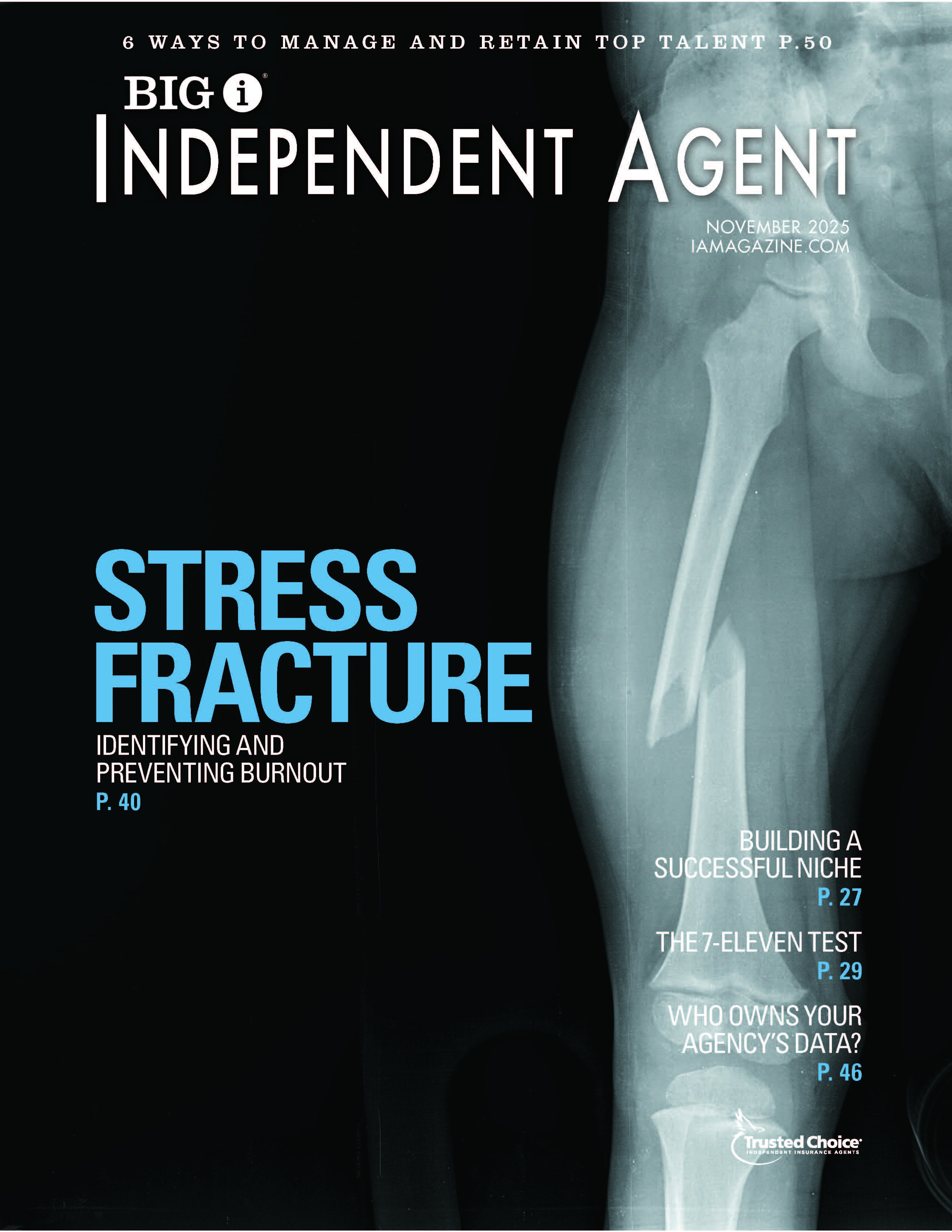#MeToo: Ending Forced Arbitration of Sexual Assault, Harassment

By: Will Jones
In March 2022, the Ending Forced Arbitration of Sexual Assault and Sexual Harassment Act (EFASASHA) went into effect. The law precludes employers from requiring employees to arbitrate disputes related to sexual assault or harassment.
EFASASHA amends the Federal Arbitration Act (FAA) to specify that victims of sexual assault or harassment can pursue claims in court and on a class-wide basis, even if they are bound by a predispute arbitration agreement, according to the American Bar Association (ABA).
Further, the act prohibits the enforcement of any predispute arbitration agreement or joint-action waiver relating to sexual assault or sexual harassment disputes if the alleged victim (or representative of a class or collective action) chooses to file their claim in court. Essentially, the amendment gives alleged victims the choice to pursue these disputes in court regardless of whether they signed an arbitration agreement, according to Perkins Coie.
The ABA also recommends that companies should review their policies regarding arbitration to ensure compliance with the new act, noting that EFASASHA is an important limitation on mandatory arbitration provisions.
In the employment practices liability market, the law is likely to increase pressure on insurers responsible for paying for litigation in the short term.
“We are probably going to see more claims in the short term,” says Seth Brickman, managing director at Business Risk Partners, a specialty insurance underwriter and program administrator. “But in the long term, it’s going to lead to better outcomes. Over the next couple of years, it’s going to become apparent that bad actors have nowhere left to hide, whereas previously, they thought they could get away with things due to enforced arbitration agreements—and that is going to have an impact.”
EFASASHA marks a steep trajectory for the evolution of sexual harassment and EPLI since the beginning of the #MeToo movement, which was kickstarted by a tweet by Alyssa Milano in 2017 that started a call for women who had been sexually harassed or assaulted to reply with the phrase “me too.”
“Here we are six to seven years after this movement and we’re left with a public that has much greater awareness about these things and there’s a change in the conversation,” Brickman says. “An underwriter might have thought that having arbitration agreements in place with employees was an awesome way to mitigate loss costs. It was something that was specifically asked for, but now, we have to revisit how we do the underwriting process. It’s a gigantic leap in perception over five years.”
With an influx in claims in the short term, “it is worth noting that arbitration remains a very expensive method of resolving legal matters” and the law’s introduction “is further complicated by several other recent legal and legislative changes,” says Bill Holden, senior vice president, executive liability, The Liberty Company Insurance Brokers, in Los Angeles.
For instance, the courts in California recently ruled that defendants can enforce arbitration on Private Attorney General Act (PAGA) claims, which are often pleaded alongside sexual harassment claims. “Such a situation can create complexities in the defense of such claims,” Holden says. “Additionally, some law firms have started filing mass arbitration claims against companies that attempt to enforce arbitration agreements with their employees or customers.”
“These forced agreements typically require the company to cover the complainants’ fees for the arbitration proceedings, leading to staggering costs,” he adds. “Consequently, many companies are opting out of arbitration proceedings to avoid these situations.”
The #MeToo movement led carriers to be much more cautious, particularly in areas such as entertainment, retail and hospitality, “even with a company with a clean record on sexual harassment and conservative risk management,” Holden continues. “The terms offered are extremely conservative and fail to match the broad coverage enjoyed by other industry segments.”
One example of this conservative approach is observed in third-party EPLI, which covers allegations of sexual harassment and discrimination brought against the insureds by non-employees. “Some underwriters limit the coverage to allegations of discrimination only, while others impose much higher deductibles on the programs for sexual harassment claims, regardless of whether the claims come from ’employees’ as defined in the policies or through a third-party EPLI claim,” Holden says.
Overall, the #MeToo movement has led to a greater understanding and awareness, and improved controls, such as robust training and methods for investigating any allegations of sexual harassment. “Many employers are addressing these issues quicker, recognizing that sexual harassment negatively impacts a productive workplace and creates exposure,” says Chris Williams, employment practices liability product manager at Travelers.
Even though problems persist, “claims frequency for sexual harassment Equal Employment Opportunity Commission (EEOC) charges are down,” Williams adds, “but it’s still an area of concern for employers because of the potential cost of resolving these claims.”
Will Jones is IA editor-in-chief.










